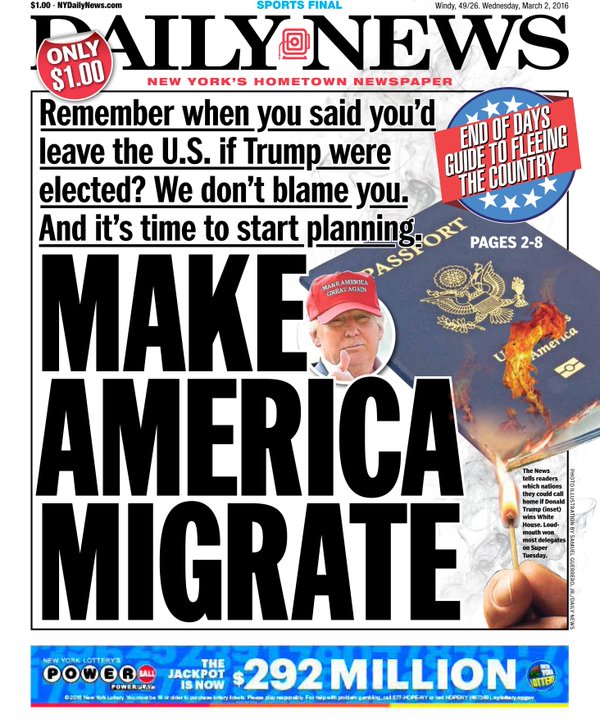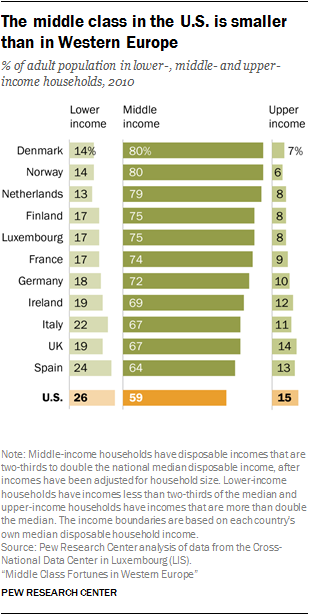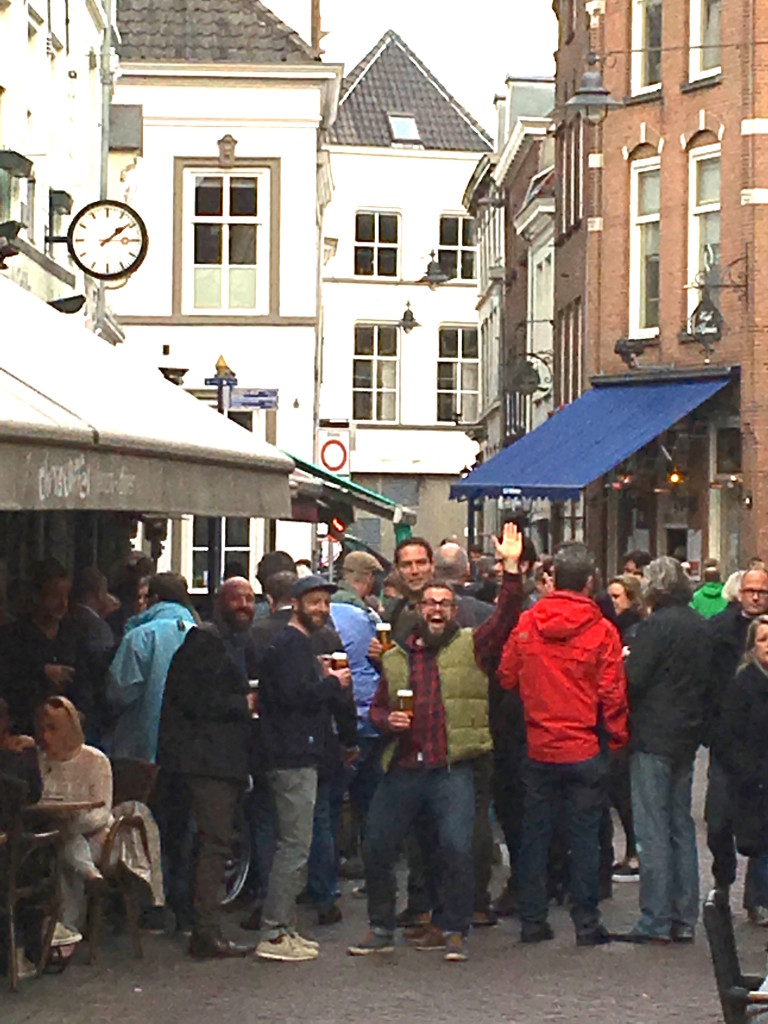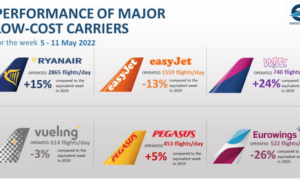(Editor’s note: When we first posted this on 28 April 2020, we didn’t realize how bad things were about to get, with Trump mobs overrunning the U.S. Capitol building and an unchecked pandemic in Trump America. So we’re updating this with more information for aspiring American expats, whose numbers are increasing every day.)
Back in 2016, when we founded Dispatches Europe, we foresaw an exodus of American expats after the election of Donald Trump, and to a limited degree, that’s exactly what happened. But we never imagined life in the United States would get this bad. Since 2020, more than 1.1 million Americans have died in the pandemic.
In May, 2020, dozens of major American city were in flames after the killings of multiple unarmed African-Americans including George Floyd.
Then, on 6 January 2021, encouraged by President Trump, far-right terrorists rioted in Washington DC, taking over the U.S. Capitol Building and forcing congress to flee.
Way before the DC riots, we were hearing weekly from friends and family who want out.

There’s nothing like anarchy and pandemics to separate the world’s incompetent pretenders from competent leaders. My point? While Trump was telling Americans to shoot up Lysol, European leaders from Portugal to Poland were consulting healthcare experts and formulating plans to avert disaster.
Even before coronavirus, when it was looking like Trump was headed for a second term, our friend Cathy emailed us a list of the best countries for American expats.
She closed by encouraging us to write a post:
Seems to me there may be a huge wave of American expats soon, fleeing from our cruel and crazy president. Your advice on living overseas can be a real help to them.
Back in 2016, we actually wrote a version of that post after my first year here. Now in our fourth year living in the Netherlands, we’re starting to get this figured out.
Four years later, the situation has gone from bad-to-scary as Trump ignores the pandemic as he tries desperately to cling to power, neither emotionally nor intellectually equipped to put out the fire he started. Which means even more Americans could be looking for a safe haven.
As we’ve said so many times, we’re here for you. The first piece of advice to aspiring American expats is, “It’s harder than it looks.”
It’s not like in the movies: Humphrey Bogart slung up in Paris, drinking Champagne with Ingrid Bergman. You have to be resourceful, determined and savvy to shape the expat life you want.
Here’s the deal … to do this right, you’re going to have to put in a few months of really hard work and negotiate bureaucratic frustrations before you can settle in, live life and travel.
(See our list of references for obtaining long-term residency visas in different European countries here.)
But, if you decide to come to Europe even for a little while, your life will get instantly better. How?
Like this:

• Europe has, for the most part, “we’re all in this together” societies with actual leaders who craft serious policies so high-functioning societies stay high-functioning. Those leaders might have stumbled in the early days of the pandemic but quickly did whatever it took to lessen the impact and make sure healthcare systems weren’t overwhelmed.
• You’ll live longer, because there’s far less day-to-day stress. Most European countries, even right-wing governments such as Austria, have strong social safety nets and single-payer healthcare systems. They also have support programs should you lose your job. And all the EU countries have set aside trillions of euros to keep their businesses from folding in the pandemic and millions of workers from losing their jobs.
• You’ll be healthier because food in Europe is better, fresher and cheaper than in the U.S. Also, you’ll join your European friends in getting outside all year ’round for hiking, biking and sports.
• In Europe, most people really are middle class as opposed to the U.S. where there’s The One Percent and then everyone else.
• Your mood will improve because beer and wine are at least 30-percent cheaper in most European countries and the selections better.
• Your kids will be able to afford a great university.
• Europe has far fewer guns on the streets and no malignant American-style gun culture, not even in countries such as Switzerland where every home has an automatic assault rifle.
• Europe, with the exception of Great Britain, has fewer angry testosterone-fueled men looking for confrontations. Most of Europe has far less violent crime than the U.S., and cities are safe after midnight as long as you exercise common sense.
• You’ll never get bored here, with the world’s most exciting cities full of festivals, Christmas Markets, clubs, theaters, museums and cafés to explore post-pandemic, not to mention seas, oceans, mountains and islands.
Sound good? This is how you do it.
Do your research
We’re making a number of assumptions here, the most important being you have some resources. Trust us … it takes money to be a DIY expat. There, we said it. Otherwise, we assume you’re a techpat or executive with experience and can grab a corporate gig or join a tech startup reasonably easily.
Most people become expats by taking an overseas assignment as a highly skilled executive working at a Big Four accounting/consulting firm, at a tech company, at a global bank/financial or at one of the consumer-goods multinationals. These employers have the resources to take care of most of the details, including the immigration process, residency visas and – for the lucky few – legacy apartments for their C-suite recruits.
Also, a number of countries, including Germany, the Republic of Ireland, Italy and Norway, extend dual citizenship rights to Americans whose parents or even grandparents came from the Old Country.
If you want to be a DIY expat like us, you should – if practical – come on your own reconnaissance mission once Europe opens up again. Which is what we did. We toured a number of cities including Berlin and Vienna before we chose Eindhoven for Dispatches’ HQ. I could be happy in either Berlin or Vienna, but the requirements for meeting German and Austrian immigration are much tougher than in the Netherlands, Sweden and other countries where English is the language of business and popular culture.
Short of buying a Golden Visa, the easiest countries with the most welcoming residency requirements for Americans are the Netherlands, Belgium, Luxembourg, France and Sweden. But even then, there are lots of complications including finding somewhere to live, which is very, very difficult in Sweden.
Also, the economics can change overnight. When we toured Eindhoven in 2015, we saw a fabulous penthouse apartment for 1,500 euros per month. A year later, it was difficult to find anything in the center city for 1,500 per month. The pandemic likely will cause the economic pendulum to swing back to recession, so this could be a great time to find housing bargains.
You’ll need professional services
My wife and co-CEO Cheryl and I differ on this, but I recommend using an immigration attorney and accountant wherever you decide to move because negotiating the red-tape is always tricky. We hired an American immigration attorney in Amsterdam to handle our long-term visa application, but he was terrible. I wish we could give you a referral, but alas, hiring an attorney is like finding a great doctor or a dentist. You just have to network and hope for the best.
You’ll need an accountant and bookkeeper if you open a business.
And when it comes to finding an apartment or buying a house, I really recommend using a professional. We found a great real estate agent back in 2016 and we’re still friends. I recently interviewed another real estate agent who deals mostly with expats, and had I talked to him four years ago, it would have saved us a lot of frustration and money.
Being an expat can be lonely without a built-in support group

If you follow expat facebook communities, the No. 1 complaint is, “These (French, Germans, Swedes, Spaniards, Danes, Dutch, Italian) people aren’t very nice to me. I’ve been here for hours and no one has even invited me to their home for dinner.” Or variations on that theme.
If you think that’s how it’s going to go down, then think about, say, a French or Italian person moving into your neighborhood in the States. Especially one who doesn’t speak English, and you understand the dynamic.
If you come with your family, it’s much easier to make friends because your kids will be your social entrée. But if you’re young and single and leaving your friend group behind, it’s tough to make new ones unless you’re part of a built-in community such as the American military or a large corporation. Full disclosure – we moved to a small Dutch village and lucked into the best neighbors ever, so we’re outliers. When we lived in a small German village from 2003 to 2007, absolutely no one wanted anything to do with us. Thank goodness for our Department of Defense Schools network.
A lot of times, Europeans tend to have the same friends they grew up with, again sort of like in the U.S. So generally – though not always – getting into an expat friend group is a lot easier than falling in with the locals. Just so you know.
(See Sarah Nagaty’s excellent expat guide to overcoming loneliness.)
Finally, socializing is just different in Europe. From our experiences in Turkey, France, Germany and the Netherlands, the Europeans tend to party harder than Americans and if the music and beer aren’t flowing at 4 a.m., is it even a party at all?
Bring money … lots of money
If you’re not coming with a large company, the easiest way to move to Europe is to just buy citizenship, which you can do in several countries including Malta, Greece and Portugal.
In more prosperous countries such as the Netherlands, they welcome Americans who are ready to plunk down the money to start businesses, which is what we did.
To form our partnership and start Dispatches, we had to put up about 9,000 euros. Here’s how we did it including multiple trips to the Kamer van Koophandel, which is a cross between the Chamber of Commerce and the local business registration office in any American state. Also, we had to put up somewhere around 1,300 euros each just to apply for our long-term residency card.
In Sweden, starting a business is also reasonably straight-forward. But other countries such as Italy are much tougher, with endless bureaucratic hoops to jump through, and everything has to be done in Italian.
Choose wisely.














